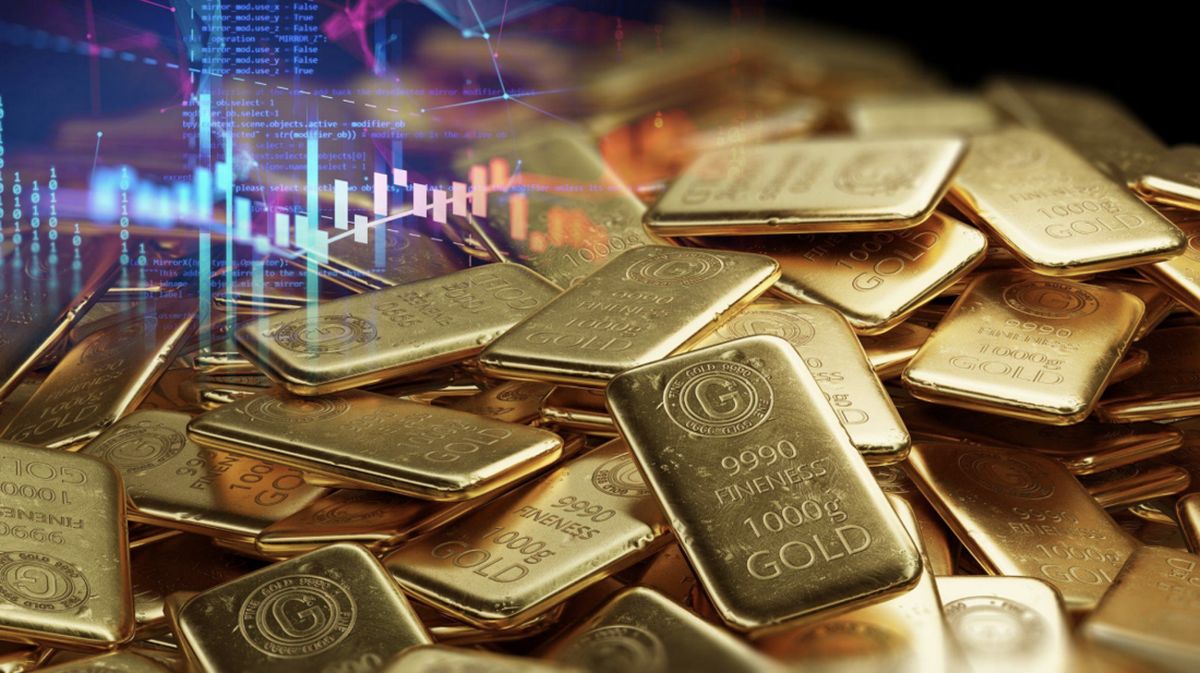Freeport Indonesia has embarked on a significant venture with the establishment of its state-of-the-art smelter in Gresik, East Java. This facility is poised to transform the nation's mineral processing landscape, particularly in gold production. This article delves into the details of the Gresik smelter, its capabilities, and its anticipated impact on Indonesia's mining industry.
Overview of Freeport Indonesia's Gresik Smelter
The Gresik smelter, officially inaugurated on March 17, 2025, by President Prabowo Subianto, stands as a testament to Indonesia's commitment to advancing its mineral processing capabilities. Located within the Java Integrated Industrial and Port Estate (JIIPE), this Precious Metal Refinery (PMR) is equipped with cutting-edge hydrometallurgy technology, enabling the efficient processing of anode mud—a by-product of copper concentrate refining—into precious metals such as gold, silver, platinum, and palladium.
Production Capacity and Capabilities
The Gresik smelter boasts impressive production capacities:
- Gold: Capable of producing up to 52 tons annually.
- Silver: Approximately 200 tons per year.
- Platinum: Around 30 kilograms annually.
- Palladium: Approximately 375 kilograms per year.
These figures position the Gresik facility as one of the most integrated and capable precious metal refineries globally.
Strategic Importance of the Smelter
The establishment of the Gresik smelter aligns with Indonesia's broader strategy to enhance the value of its mineral resources through domestic processing. By refining raw materials locally, the nation aims to:
- Increase Export Value: Processed metals command higher prices on the international market compared to raw ores.
- Boost Employment: The smelter's operations have generated significant employment opportunities, both directly and indirectly.
- Enhance Technological Expertise: The facility serves as a hub for technological advancement in metallurgical processes.
President Prabowo Subianto emphasized the significance of this development, stating, "Our nation will not only sell raw materials but also finished goods, final products that have very large added value."
Environmental and Economic Impacts
Beyond its economic advantages, the Gresik smelter incorporates environmentally conscious technologies:
- Sulfuric Acid Unit: Captures sulfur emissions, converting them into useful industrial acids.
- Oxygen Plant: Enhances combustion efficiency, reducing overall emissions.
- Desalination Unit: Ensures a sustainable water supply without depleting local freshwater resources.
Economically, the smelter's operations are expected to contribute substantially to Indonesia's GDP, with increased exports of refined metals and the development of ancillary industries.
Future Prospects and Collaborations
Looking ahead, Freeport Indonesia has outlined plans to:
- Expand Production: Gradually increase output to meet both domestic and international demand.
- Collaborate with Local Entities: Forge partnerships with Indonesian companies to further integrate the smelter's products into local manufacturing sectors.
- Invest in Research: Enhance metallurgical processes and explore the extraction of additional valuable by-products.
These initiatives underscore Freeport Indonesia's commitment to sustainable growth and its pivotal role in the nation's mining sector.
Conclusion
The inauguration of Freeport Indonesia's Gresik smelter marks a significant milestone in the country's journey toward industrial advancement. With its state-of-the-art facilities and substantial production capacities, the smelter is set to elevate Indonesia's standing in the global precious metals market, ensuring that the nation's rich mineral resources are utilized to their fullest potential.
Read More






 Friday, 27-02-26
Friday, 27-02-26







